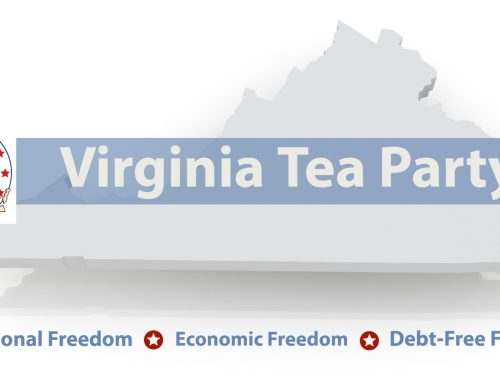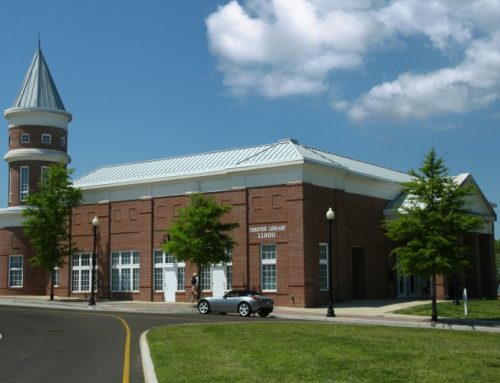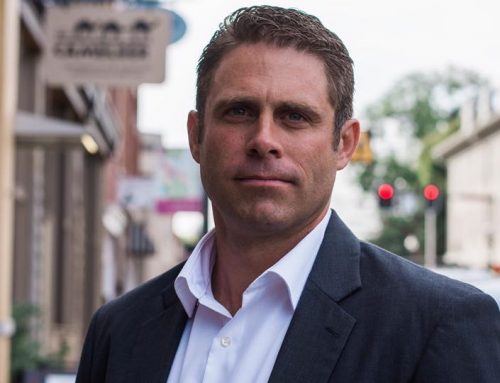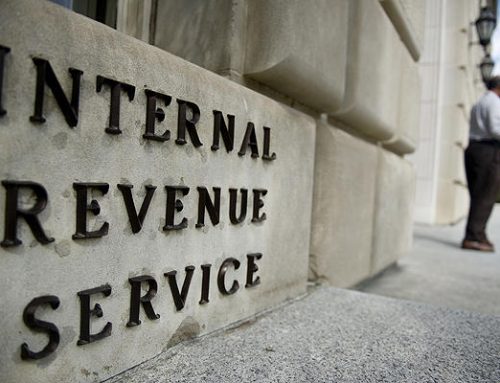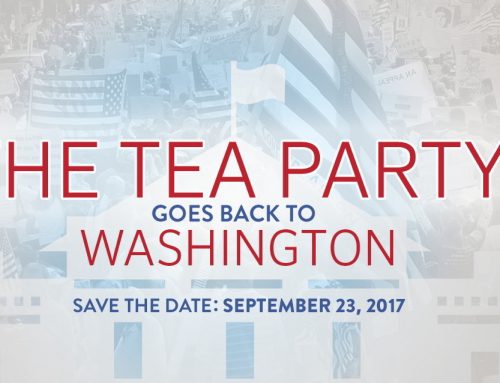From the NY Daily News:
Here in this city of labor rights, gay pride and lefty havens, Tea Partyers lead double lives as foot soldiers in a quiet war to reverse the direction of America.
A statewide Marist Poll of 686 New Yorkers commissioned last month by the Daily News highlighted the phenomenon: One in four registered voters statewide considers himself a Tea Party supporter. That translates to 21% in the city, and 25% in Long Island and Westchester County – enough to make politicians tremble.
“Want to know how big a deal they are?” asked former Staten Island Borough President and longtime GOP powerhouse Guy Molinari, 81. “If I were running today, I would be kissing their butts.”
That’s just what pols are doing. At a recent Tea Party-sponsored candidate’s forum on Staten Island, they sounded like colonial revolutionaries decrying King George III.
If you ever doubt that the Tea Party movement is having a major impact across all of America, just remember that they are reshaping the debate even in New York City where citizens accept and even embrace the most extreme spending, taxes, and corrupt politicians. Now we have gubernatorial candidate Rick Lazio shouting things like
“Citizens and patriots! … We have a government that overtaxes, overspends, overreaches and overregulates – and we want them out of our lives!”
While this may serve as transparent political pandering (Rick Lazio is no small government Tea Partier, if I remember correctly), it demonstrates just how much the Tea Party has shifted the debate and put big government types on the run, if this type of rhetoric is considered smart politics in a state as liberal as New York.
Or is something else going on? Could it be that New York State and New York City represent new fertile ground for the Tea Party message? Both are on the verge of financial ruin, destroyed by years of ever increasing taxes and spending, driving away the entrepreneurs who provided the innovation and tax revenue required to fund the spending sprees. Are citizens finally waking up to what their votes have wrought? New Jersey was in a similar situation, but its voters tried something different by electing Chris Christie—a rare politician with the courage to practice true fiscal restraint. Will this be a trend for the other states where total fiscal irresponsibility—such as California, Illinois, and Michigan—has brought them to the brink of financial disaster? Are they ready for—dare I say it—change? Real change?
November is coming. What will we learn?

